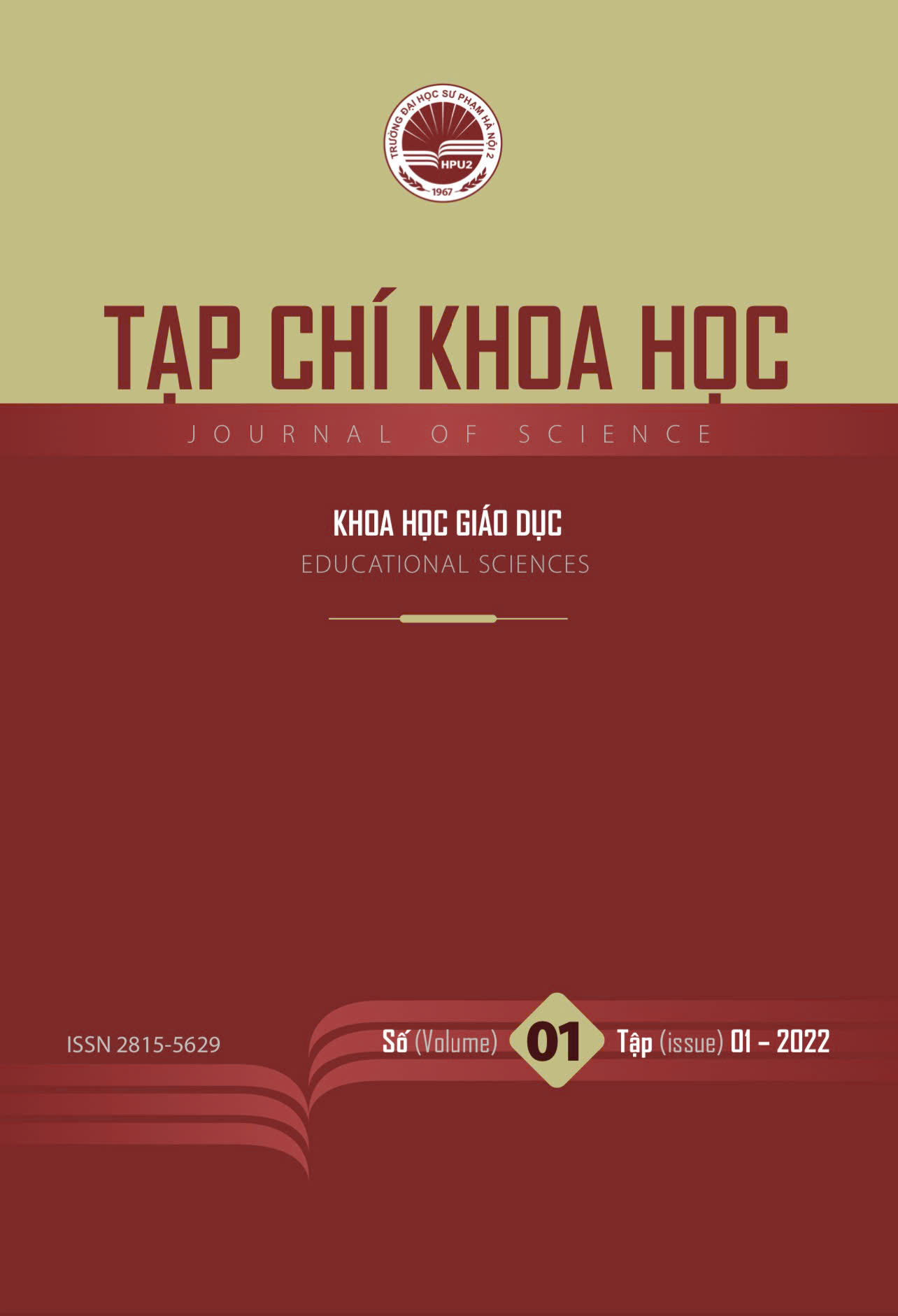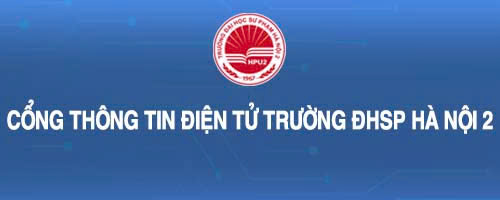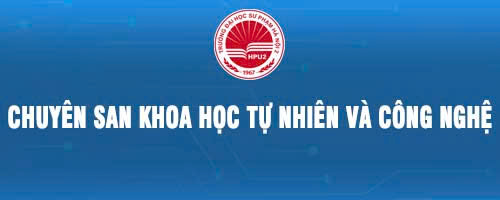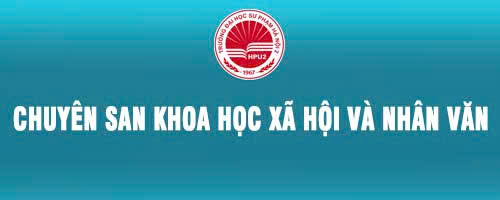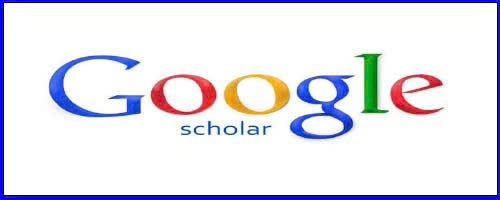Kết quả tổng quan các nghiên cứu quốc tế về đánh giá năng lực thực nghiệm của học sinh
- Từ khóa:
- tổng quan
- năng lực thực nghiệm
Tóm tắt
Tổng quan tài liệu là bước làm rất quan trọng trong một quá trình nghiên cứu nói chung. Để đề xuất các biện pháp phát triển và đánh giá năng lực thực nghiệm của học sinh chúng tôi tiến hành việc tổng quan các tài liệu liên quan. Bài báo trình bày những nội dung tổng quan được liên quan đến các nghiên cứu về đánh giá năng lực thực nghiệm của học sinh qua các công bố quốc tế.
Tài liệu tham khảo
1. Hofstein et al (2005), Developing students’ ability to ask more and better questions resulting from inquiry-type chemistry laboratories, J. Res. Sci. Teach. 42.
2. Beschlüsse der Kultusministerkonferenz (2005), Bildungsstandards im Fach Physik für den Mittleren Schulabschluss: Beschluss vom 16.12.2004.
3. Z.; Klahr Chen, D. (1999), All Other Things Being Equal: Acquisition and Transfer of the Control of Variables Strategy, Child Dev. 70.
4. T.; van Joolingen de Jong, W.R. (1998), Scientific discovery learning with computer simulations of conceptual domains, Rev. Educ. Res. 68.
5. Martin; Schreiber Dickmann, Nico; Theyßen, Heike (2012), Vergleich prozessorientierter Auswertungsverfahren für Experimentaltests, Jahrestagung in Oldenburg 2011 / Bernholt, Sascha (Hrsg.), tr. 449-451.
6. S.; Gott Duggan, R. Res. Sci. (2000), Intermediate General National Vocational Qualification (GNVQ) Science: A Missed Opportunity for a Focus on Procedural Understanding?, Technol. Educ. . 18.
7. S.; Johnson Duggan, P.; Gott, R (1996), A critical point in investigative work: Defining variables, J. Res. Sci. Teach. 33.
8. K. Dunbar (1993), Concept Discovery in a Scientific Domain, Cogn. Sci. 17.
9. P Labudde E Ramseier, M Adamina (2011), Validierung des Kompetenzmodells HarmoS Naturwissenschaften: Fazite und Defizite, Zeitschrift für Didaktik der Naturwissenschaften. 17, tr. 7-33.
10. P.J.; Aram Germann, R.J. ( 1996), Student Performances on the Science Processes of Recording Data, Analyzing Data,Drawing Conclusions, and Providing Evidence, J. Res. Sci. Teach. 33
11. Christoph Gut-Glanzmann (2012), Modellierung und Messung experimenteller Kompetenz: Analyse eines large-scale Experimentiertests, Vol. 134, Logos Verlag Berlin GmbH.
12. M.; Hoi Phan Hammann, T.T.; Ehmer, M.; Grimm, T. (2008), Assessing pupils’ skills in experimentation, J. Boil.Educ. 42.
13. et al Harriet Hunt và (2018 ), An introduction to overviews of reviews: planning a relevant research question and objective for an overview, Systematic Reviews. 39
14. D.; Dunbar Klahr, K. (1988), Dual space search during scientific reasoning, Cogn. Sci. 12.
15. D.; Fay Klahr, A.L.; Dunbar, K. (1993), Heuristics for Scientific Experimentation: A Developmental Study, Cogn.Psychol. Sci. 25.
16. D.; Dean Kuhn, D. (2005), Is developing scientific thinking all about learning to control variables?, Psychol. Sci. . 16.
17. F.; Millar Lubben, R. (1996), Children’s ideas about the reliability of experimental data, Int. J. Sci. Educ. 18.
18. et al Lunny C (2017), Toward a comprehensive evidence map of overview of systematic review methods: paper 1—purpose, eligibility, search and data extraction, Systematic Reviews. 6.
19. J.; Grube Mayer, C.; Möller, A. (2008), Kompetenzmodell naturwissenschaftlicher Erkenntnisgewinnung. In Lehr-und Lernforschung in der Biologiedidaktik, Harms, U., Sandmann, A., Eds.; Studienverlag: Innsbruck, Austria, .
20. H Theyßen N Schreiber, H Schecker (2009), Experimentelle Kompetenz messen?!, PhyDid A-Physik und Didaktik in Schule und Hochschule. 3(8), tr. 092-101.
21. Knut Neumann, D Schumacher và M Welzel (2004), Didaktische Rekonstruktion eines physikalischen Praktikums für Physiker, Logos-Verlag.
22. S Duggan R Gott (2002), Problems with the assessment of performance in practical science: which way now?, Cambridge Journal of Education. 32(2), tr. 183-201.
23. Maria Araceli Ruiz-Primo Richard J. Shavelson, Edward W. Wiley (1999), Note on sources of sampling variability in science performance assessments, Journal of Educational Measurement. 36(1), tr. 61-71.
24. R.; Gott Roberts, R. ( 2004,), A written test for procedural understanding: A way forward for assessment in the UK science curriculum?, Res. Sci. Technol. Educ. 22.
25. L.; Glaser Schauble, R.; Duschl, R.A.; Schulze, S.; John, J (1995), Students’ Understanding of the Objectives and Procedures of Experimentation in the Science Classroom, J. Learn. Sci. . 4.
26. Nico Schreiber, Heike Theyßen và Horst Schecker (2012), Experimental competencies in science: A comparison of assessment tools, E-Book Proceedings of the ESERA 2011 Conference: Science learning and Citizenship. Part, tr. 66-72.
27. R. Stebler, Reusser, K. & Ramseier, E. (1998), Praktische Anwendungsaufgaben zur integrierten Förderung formaler und materialer Kompetenzen: Erträge aus dem TIMSS-Experimentiertest, Bildungsforschung und Bildungspraxis. 20(1), tr. 28-54.
28. P.; Nussinovitz Tamir, R.; Friedler, Y. (1982), The design and use of a Practical Tests Assessment Inventory, J. Boil.Educ. 16.
Tải xuống
Đã Xuất bản
Cách trích dẫn
Số
Chuyên mục
Giấy phép

Tác phẩm này được cấp phép theo Giấy phép quốc tế Creative Commons Attribution-NonCommercial 4.0 .

